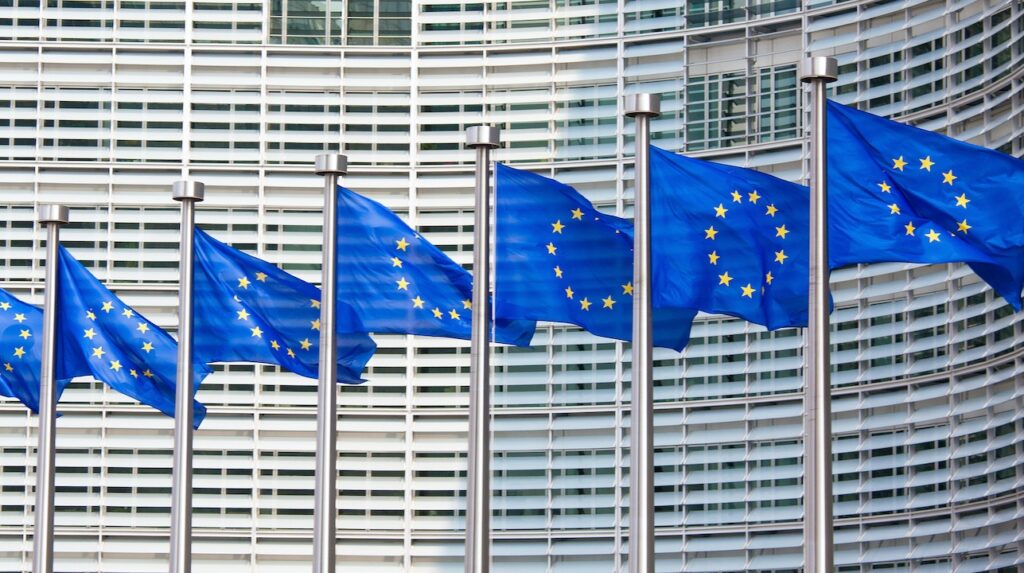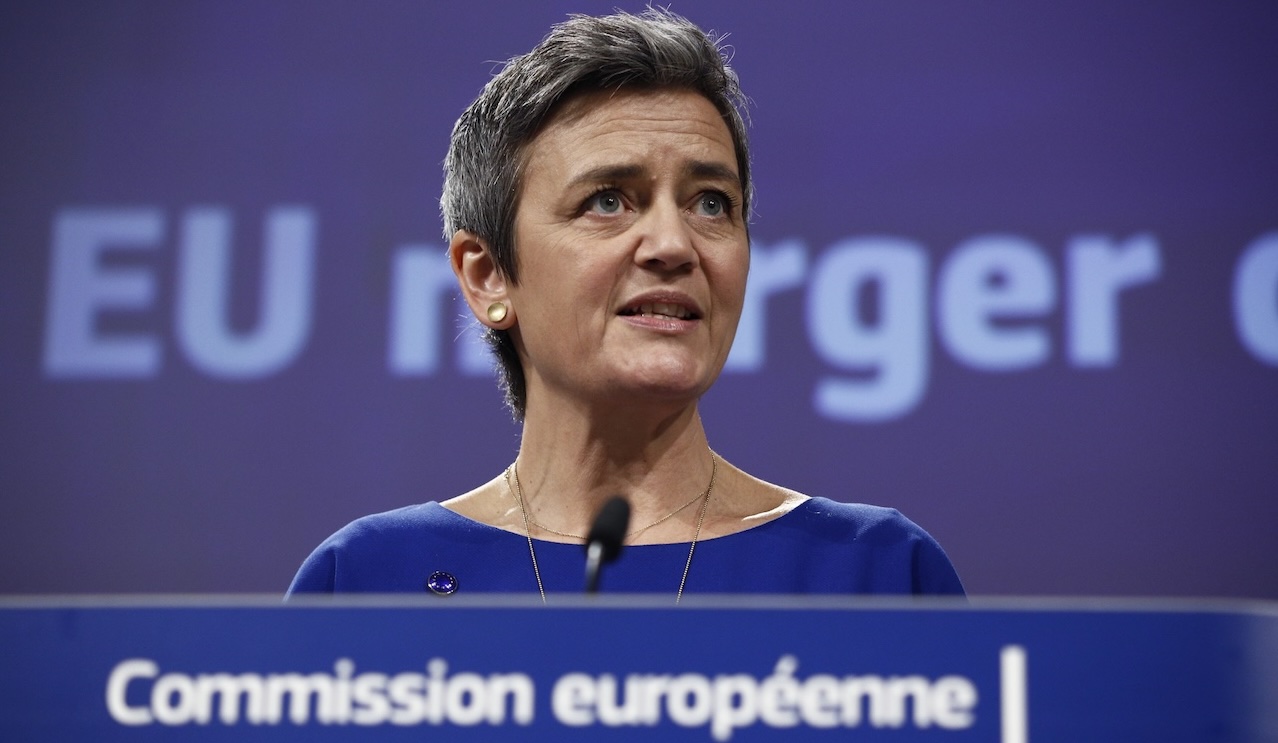As we wrote a few days ago, the entry into force of the Digital Markets Act on March 7th created quite a stir.
Meanwhile, the old controversy between Apple and Epic Games has revived, causing the EU commissioners to intervene. And now we know that the Epic Games Store will soon be available on iOS and Android.
But more generally, the European Union is monitoring the hypothesis that big tech companies are not truly complying with the DMA rules. The reference is above all to the six large companies identified as gatekeepers, and for which the Digital Markets Act was ultimately created. To better limit their excessive power in favor of plurality in the digital market. The six gatekeepers are Meta, Alphabet (which controls Google), Amazon, ByteDance (the TikTok company), Apple and Microsoft.
After having targeted Apple for the application of the disputed Core Technology Fee, the EU Commission has opened an investigation to verify whether Meta, Google and Apple are truly complying with the DMA.


EU Commission investigation into possible non-compliance with the DMA
The title of the press release which appeared on the EU Commission website on Monday 25 March speaks for itself: “The Commission opens investigations for non-compliance against Alphabet, Apple and Meta pursuant to the Digital Markets Act”.
There are actually five open investigations by the EU Commission, the companies under control are three (Google, Apple and Meta) but the reasons are different depending on the company involved. Google (or rather Alphabet) is being questioned about Google Play and Google Search, Apple is being challenged about the App Store and the options for choosing the default browser, and Meta is being investigated for the possibility of not being profiled which is reserved only for subscribed users.
Let's see, point by point, the reasons that led the EU Commission to open an investigation.
The Google and Apple stores
In a nutshell, the Google and Apple stores would violate Article 5 paragraph 4 of the DMA, which requires app developers to direct consumers to offers outside the gatekeepers' app stores, free of charge.
Google would have created a graphical interface that pushes users to choose some of its services (Google Shopping, Google Flights, Google Hotels) to the detriment of competing services.
Instead Tim Cook's company would violate Article 6(4) of the DMA, because the browser choice screen prevents “users from exercising their choice of services within the Apple ecosystem.”
The Cupertino company would also prevent its users from easily uninstalling any software application on iOS, and from easily changing default settings on iOS.
And both companies would limit the ability of developers to communicate and promote offers and conclude contracts, also by imposing charges.
Meta and privileges for subscribers
In the press release, the EU calls Meta's model “pay or agree”.
In the sense that Mark Zuckerberg's company has taken the liberty of allowing only Facebook or Instagram subscribers not to be profiled. This would be in violation of Article 5(2) of the DMA, and it matters little that Meta recently promised a large discount to subscribers from European Union countries.
Times
The EU Commission announces that it intends to conclude the investigation within 12 months of its opening.
The preliminary conclusions will be shared with Apple, Google and Meta, to whom the measures to be adopted to comply with the Digital Markets Act will be explained.
In the event of a violation, the EU Commission will be able to impose fines of up to 10% of the company's total worldwide turnover, a percentage which could reach 20% in the case of repeated violations.
We read that the Commission will even be able to “adopt additional remedies such as forcing a gatekeeper to sell a company or parts of it, or prohibiting the gatekeeper from acquiring additional services linked to systemic non-compliance”.
The statements of Vestager and Breton
Margrethe Vestager, EU Commissioner for Competition, and Thierry Breton, EU Commissioner for the Internal Market, spoke on the EU Commission's investigation.
Vestager said: “We suspect that the solutions suggested by the three companies are not fully compliant with the DMA. We will now review companies' compliance with the DMA, to ensure open and contestable digital markets in Europe.”
And Breton: “We have been discussing with gatekeepers for months to help them adapt and we can already see the changes taking place in the market. But we are not convinced that the solutions from Alphabet, Apple and Meta meet their obligations for a more just digital space and open for European citizens and businesses.”















Leave a Reply
View Comments